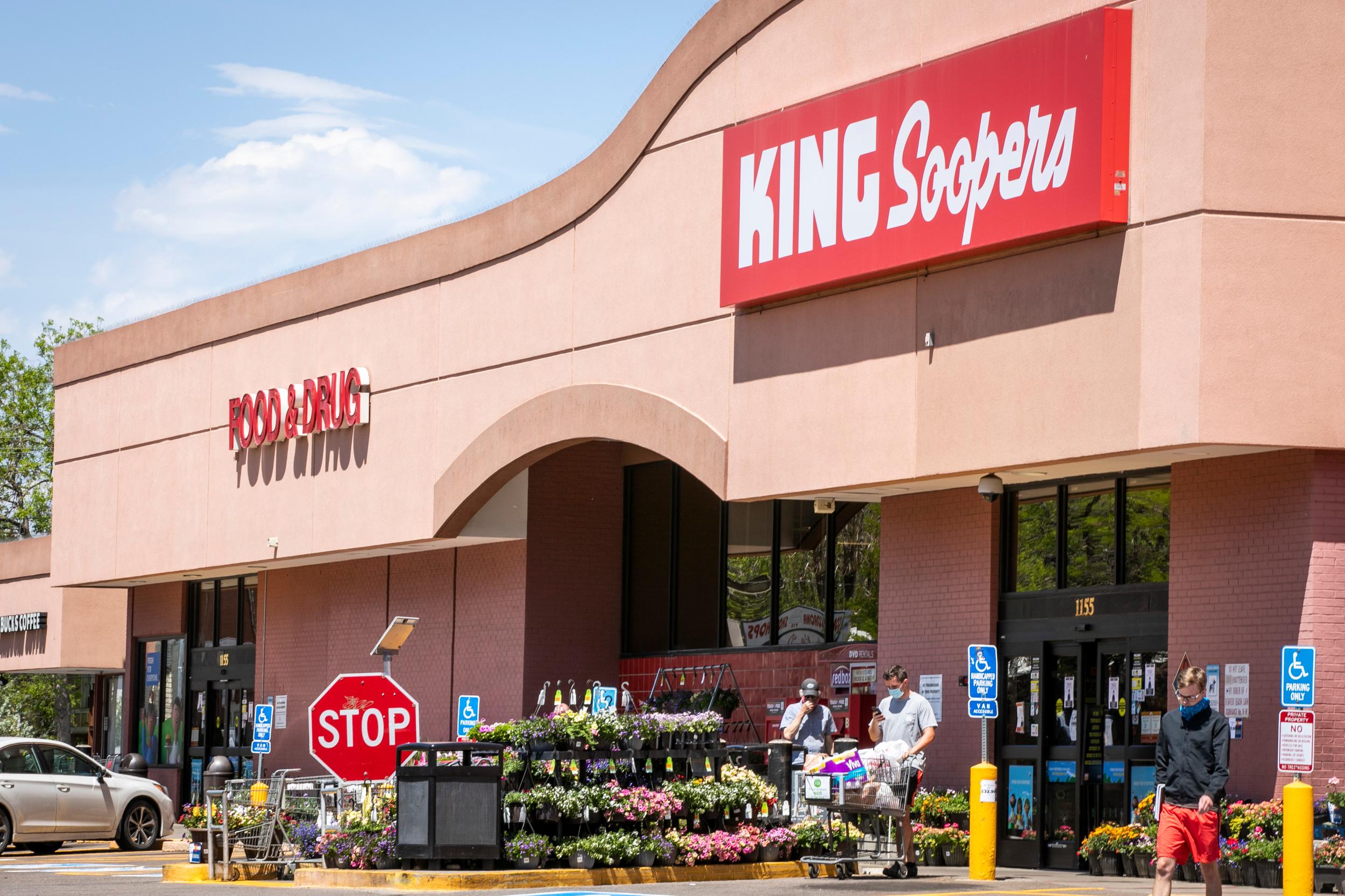
Attorney General Phil Weiser announced Thursday his office would lead a multistate investigation of the proposed merger between grocery store giants Kroger and Albertsons.
The two grocers announced they reached an agreement to merge in October, following Kroger’s $20 billion bid to acquire Albertsons, which owns and operates over 2,200 stores across the country The deal must be approved by federal regulators, a process that is expected to last until 2024.
In Colorado, Kroger operates the King Soopers and City Market chains, while Albertsons owns Safeway.
Antitrust advocates immediately spoke out against the deal, saying the merger could cause higher prices, lower wages and job cuts.
“In the course of the merger review, we will be investigating each of these concerns very carefully and it's important that we hear from the people of Colorado today,” Weiser said.
The investigation will be led by Weiser’s office, in collaboration with a multistate coalition and the Federal Trade Commission. Weiser would not specify what states are joining him.
As part of the investigation, Weiser said he and his office will get direct feedback from communities around the state on the merger.
“Part of the tour that we're gonna set up will focus on touching those rural communities which are remote. It is not plausible to tell someone in Cortez you could drive to Grand Junction for an alternative supermarket,” Weiser said. “And we are very mindful of those concerns and we are gonna be making sure to hear directly from those who will be affected by this merger.”
The attorney general’s office has tried to enforce antitrust regulations in the past without the support of the federal government. In 2019, Weiser sued over UnitedHealth Group’s acquisition of DaVita Inc., alleging the merger would have anticompetitive effects on Coloradans eligible for Medicare. The deal eventually went through but the lawsuit led to concessions for the company’s operations in the state.









